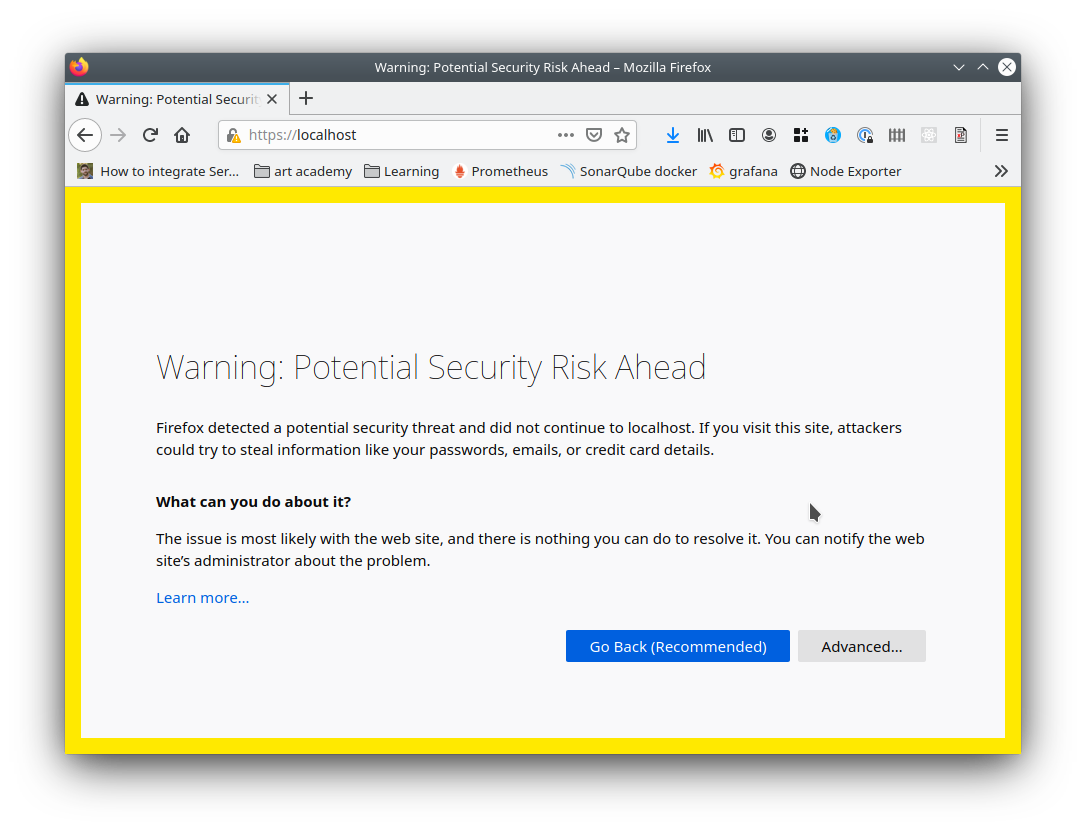I need to work on some cross site javascript and so I need a trusted TLS cert installed an running in my dev system.
I was already running via FrankenPHP and Docker Compose
I used (mkcert)[github.com/FiloSottile/mkcert] and customised the Caddyfile that FrankenPHP uses
Read more ...
Yesterday I thought I’d fixed my https links on Laravel running in Kubernetes - but I had a nagging feeling that I’d just followed some random blog posts and missed something …
Unfortunately what I had looked for was force laravel to use https
When what I really needed was Configuring Trusted Proxies
Read Laravel HTTPS Behind a Proxy instead
The post below is wrong
This doesn’t seem to be well documented - I cant find anything about it in the official docs.
Thanks to Md Obydullah at shouts.dev
My Laravel site runs in kubernetes where TLS encryption happens in a proxy layer and I need Laravel to server content with https links.
Read more ...As more and more of the web moves to https, we developers find more problems getting things to run properly.
It used to be easier to run development sites on http and maybe have a config option pretending it was secure, or use a fake certificate (often labelled “snakeoil”)
As the internet has matured this has become more problematic.
Some things just don’t work without https, browsers are less likely to let you ignore the warning, and if you develop a PWA it just won’t work without a valid, trusted certificate.

Read more ...I have a client who need to spin up webservers on demand to quickly test code and content, they use Docker to host these sites.
Currently they expose each site an a different port - which needs to be configured both within the container so that it can perform appropriate redirects, and by the user needing to get to the right site.
I’m automating the spin up process and wanted to make this a bit smoother.
I like to use wildcard DNS for ephemeral servers such as these.
A wildcard DNS record is a record in a DNS zone that will match requests for non-existent domain names.
A wildcard DNS record is specified by using a * as the leftmost label (part) of a domain name, e.g. *.example.com.
wikipedia
I just point this address at my Docker server and then any name like website1.testsites.example.com will resolve to my docker host.
Read more ...
